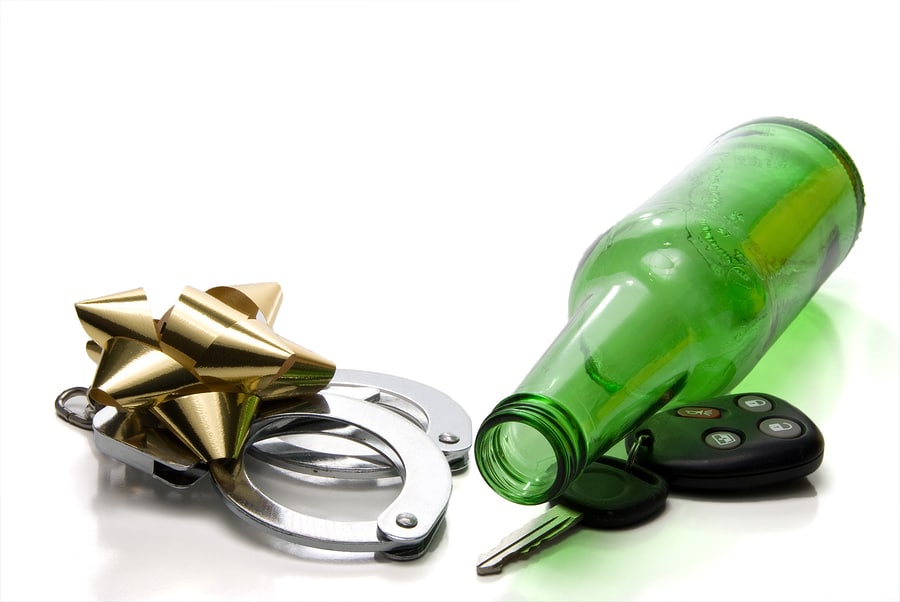California police officers can make an arrest with or without an arrest warrant, although if someone is arrested with no warrant, it’s probably because that person committed a crime that a police officer observed – like driving under the influence, for example.
In most cases, when you are only “suspected” of committing a crime, before they arrest you, the police will ask a judge to issue an arrest warrant.
Anyone who believes there may be a California warrant for his or her arrest should deal with it forthrightly and immediately. An arrest warrant does not go away. It needs to be dealt with.
An arrest warrant in California gives police officers the authority to arrest and detain a suspect believed to have committed a crime outside of a police officer’s presence.
In Southern California, if you believe that a warrant has been issued for your own arrest in this state, an experienced Los Angeles criminal defense attorney can represent you and determine if there is or isn’t a warrant, and if so, what the charge is.
In some cases, it may be possible for a good defense lawyer to get the warrant recalled or “cleared” – sparing you from being formally taken into police custody.
WHAT IS AN ARREST WARRANT AND WHAT DOES IT DO?
Judges in California issue arrest warrants on the basis of the evidence offered to them by a police officer and/or a prosecutor, or on the basis of an indictment by a grand jury.
An arrest warrant in California is not valid unless it includes the accused individual’s name, the specific criminal charge, the date, time, and jurisdiction where the warrant is being issued, the judge’s exact title and signature, and the name of the court issuing the warrant.
The police must have – and must demonstrate – “probable cause” that someone has committed a crime to obtain an arrest warrant for that person.
“Probable cause” means there is evidence to support the reasonable belief that criminal activity has been or is taking place.
If the police can persuade a prosecutor to agree that probable cause for an arrest warrant exists, the prosecutor will share that evidence with a judge and request the arrest warrant.
In very few cases, an arrest warrant is issued for a suspect because that suspect has been indicted by a grand jury. Because they operate behind closed doors, grand juries have a somewhat mysterious role in the justice system.
A grand jury simply helps a prosecutor decide if a charge should be filed and a prosecution pursued in a particular case.
Although a California prosecutor will in most cases agree with a grand jury’s decision, it is not binding, but in most cases, an arrest warrant will be issued for a suspect if a grand jury chooses to indict that suspect.
HOW DO CALIFORNIA POLICE OFFICERS “EXECUTE” ARREST WARRANTS?
Most frequently, the suspects named in arrest warrants are arrested either at their homes or at their jobs, although a suspect may also be arrested as the result of a traffic stop.
If police officers in California execute an arrest warrant at a suspect’s home, and the suspect refuses to answer or open the door, the officers may enter the home by force only if they have probable cause to believe that the suspect is inside.
It is not necessary for a law officer to have a copy of the arrest warrant in order to make the arrest – simply knowing that an arrest warrant exists is sufficient.
For example, when a police officer makes a traffic stop and “runs” the motorist’s driver’s license, if the officer learns that the motorist has an outstanding arrest warrant, he or she can make the arrest on the spot without physically possessing the warrant.
Sometimes instead of obtaining an arrest warrant, a prosecutor will issue a summons. This is a notice that is mailed or “served” by a process server.
It orders a court appearance, and it provides someone suspected of a crime with the chance to go before a judge without being taken into custody.
A summons might be issued to a suspect if the suspect has no other outstanding warrants and the crime charged is not a crime of violence or a firearms violation.
Anyone in California who receives a summons must comply or face the prospect of a “bench warrant” being issued and an immediate arrest.
Once a bench warrant is issued, it is just like any other arrest warrant. When a judge issues an arrest warrant, the police must attempt to execute the warrant within a “reasonable” amount of time.
Otherwise, a defendant may argue that his or her constitutional right to a “speedy” trial has been violated, and the charge conceivably could be dismissed.
Specific rules govern when arrest warrants can be executed.
Felony arrest warrants are executable at any time, but misdemeanor arrest warrants in California must be executed exclusively between 6:00 a.m. and 10:00 p.m. unless the judge specifies otherwise or the arrest is being made in a public setting.
No one will be crashing through your door at 3:00 a.m. to arrest you on a misdemeanor charge.
WHAT HAPPENS IF YOU FLEE FROM AN ARREST WARRANT?
Anyone who knows that a California arrest warrant has been issued with his or her name and then flees the state will be considered a fugitive from justice and subject to extradition.
However, before a fugitive can be returned to this state, he or she has the right to fight extradition in court in the jurisdiction where the arrest was made. When fugitives are returned to California, they face both the original criminal charge along with extra penalties for fleeing from justice.
In California, suspects who are placed under arrest have the right to bail unless the criminal charge is a capital offense, a felony involving violence or sexual assault, or a felony where someone was threatened with great bodily harm.
Unless the charge is one of these crimes, a suspect is entitled to post bail. Bail amounts are established by the “bail schedule” in each California county.
In some cases, a qualified Los Angeles criminal defense attorney may be able to persuade a judge to release a suspect “O.R.” – that is, on the suspect’s own recognizance.
If you are being investigated for a crime in California, a good defense attorney can sometimes “get ahead of the case” and take steps to prevent charges from being filed or warrants from being issued.
Depending on the circumstances of the investigation, a trustworthy California criminal defense attorney may be able to appeal on your behalf directly to the prosecutor.
No one in this state – and especially anyone who is under investigation – should ever hesitate to obtain sound and reliable legal advice from a drug crimes attorney. It is your right.













